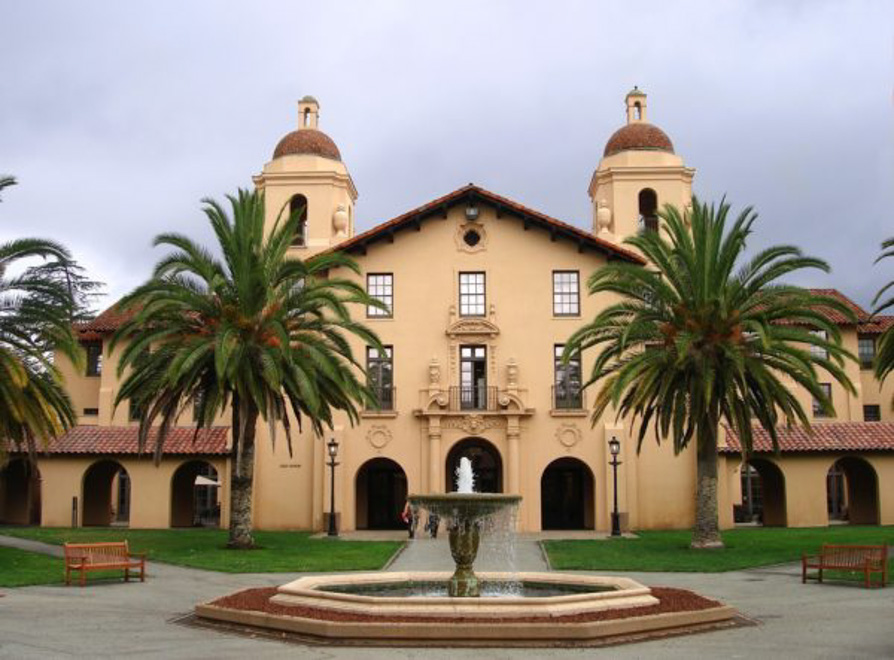Dorms have asked for an average of $400 more per Experiential Learning Fund (ELF) funding request this school year while the total number of requests has also increased, according to ELF co-chairs Amanda Boyd and Diontrey Thomas in an email to The Daily on Thursday.
ELF falls under Residential Education (ResEd) and is meant to “foster vibrant, creative, and challenging programs in residences” according to its website, which also cites “faculty dinners, book clubs, trips off campus, reunions, guest speaker events, workshops, and more” as examples of ELF-supported programs.
In light of this year’s increased funding requests, ELF grants were temporarily halted in order for the board to ensure it was “responsibly stewarding university funds,” Boyd and Thomas wrote in an email to Residence Fellows earlier this year. They did not specify to The Daily when this decision was made nor for how long the pause lasted.
At the time of the email, they noted that ELF had “funding available for programs that involve campus-wide speakers and lecturers from outside of Stanford that will speak on topics not related to the arts.”
“Since the pause, we have finished the reconciliation and reviewed all proposals,” they added.
ELF grants are requested through dorm proposals that may be met with anywhere from zero to 100 percent of the requested funds following ResEd’s review process.
ELF has funded 237 of 252 dorm activity proposals submitted this school year, the co-chairs wrote, noting that the total of 252 “far exceeds the number of proposals we received by this time last year.”
The co-chairs did not specify what percentage of requested funds were received in the funded proposals, though they noted that this year’s total funding for ELF is equal to that allocated in the 2017-18 school year.
Whereas the average amount requested per proposal in 2017-18 was $2,500, that amount has jumped to $2,900 thus far in the 2018-19 school year, they added. The co-chairs noted that this change and others in the nature of student requests have caused this year to be different.
However, at least one dorm representative told The Daily they were not warned about asking for too much money during the ELF grant application process.
“Funding for this year is the same as last year, we just have more requests for higher dollar amounts than previous years,” Boyd and Thomas wrote. “We have seen an increase in the number of houses requesting additional funding to attend concerts, sporting events and amusement parks.”
Sally Ride Frosh Council dorm president Theresa Nelson ’22 submitted a request for $13,025 so the dorm could take an alternative snow trip to San Diego, but ultimately received $3,275.
“We decided not to do the trip,” Nelson said. “It would have ended up costing our house just as much as a snow trip.”
Nelson said that the ELF proposal she helped develop was “super expensive” because her dorm was planning to fly to San Diego instead of taking a bus.
Though the ELF proposal creation guidelines state that domestic flights and per-person costs of more than $100 both “decrease the chances of your proposal being approved,” Nelson said nobody explicitly told her dorm that its proposal “was a little far-fetched.”
In proposal review guidelines shared with The Daily by Boyd and Thompson, the ELF board recommends that programs fall into three categories: innovative, intellectual and inclusive. Examples on the ELF website of residential events and programs include film nights, cultural festivities and field trips.
Instead of working directly with ELF, Nelson was advised by ResEd program associate Ngoc Tran throughout the grant process, as directed on the ELF website. Nelson recalled receiving positive feedback from Tran, who she described as acting as a liaison between her dorm and ELF.
Tran did not reply to The Daily’s request for comment.
However, when Nelson received the award notification on Dec. 7, she did not anticipate such a drastic difference from the amount she originally requested. She also added that the delay in receiving the award resulted in her dorm staff “scrambling at the last minute” to put together a different trip.
“I don’t know what it was — why we didn’t get the things that we asked for,” Nelson said. “And there was no follow-up why they were giving this money for certain things and not others.”
Contact Holden Foreman at hs4man ‘at’ stanford.edu and Regina Kong at reginak ‘at’ stanford.edu.
